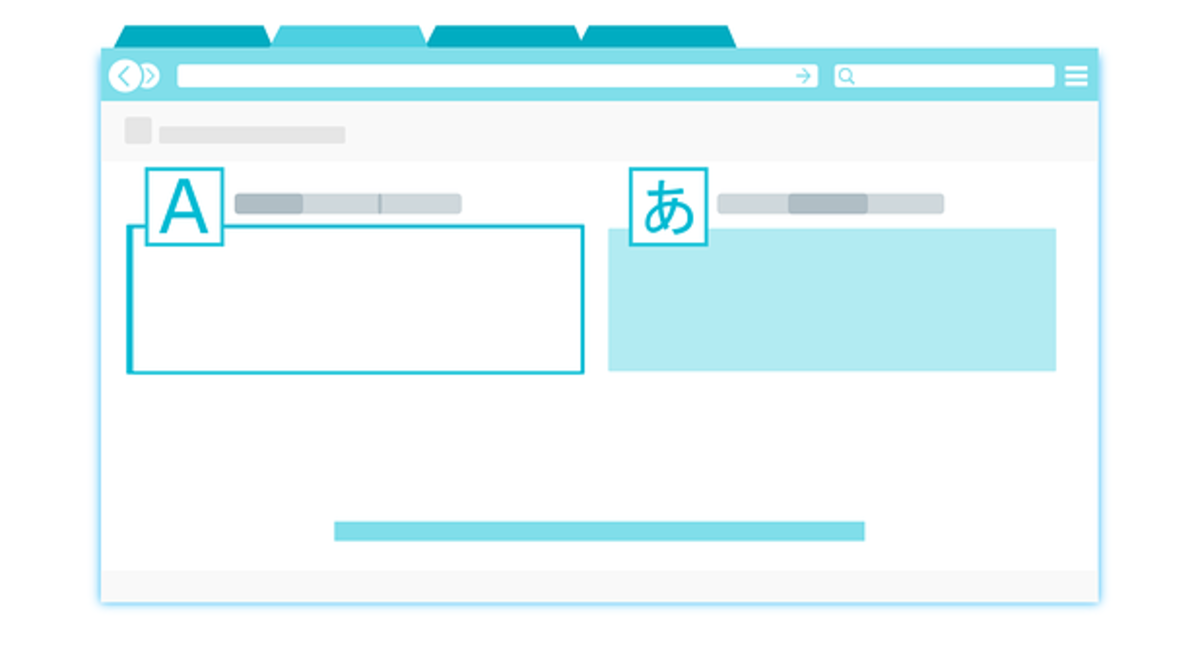Unusual Tips on How to Learn a New Language - Part 1
Fantastic, if you have truly decided to learn another language, you will be rewarded with one of the most immensely liberating and satisfying experiences in life. When you achieve this goal, it will give you a whole new perspective on the world, your capabilities, and even probably your own culture to boot. From a personal improvement perspective, it is one of the most worthwhile things you can do, and will have a great impact on your confidence and self belief.
Firstly, it is important for you to know, you can do this. Whatever may have transpired in your school French class, and however little French you now as a result are able to speak, you need to right now get out of the mind-set that you won't or can't succeed. It has been shown that everyone has the capability to learn new languages. You may think you have no talent for languages, but that simply is not true – remember, you learned one as a baby. It didn't happen overnight obviously, in fact it took several years in order to master it and there was much trial and error along the way, but eventually you became fully fluent in your native language as did pretty much everyone else around you. There is absolutely no reason to harbour any doubts that you could do it again. It will just take time and effort (a differing amount depending on how closely related it is to your native language). So, the first thing you must understand, is that as with most worthwhile things in life, this is going to require some effort on your part.

Tip 1. Hard work
You need to know this at the beginning. Learning a language is completely possible, and it can and should be enormous fun, but it is not easy, no matter how much glossy books, online courses and CDs/DVDs try to persuade you otherwise. Unless you are the kind of person who can honestly say that they can hear a complex musical tune once and then be able to pick up an instrument they have never seen before, and immediately play that tune on it, you are probably not going to learn a new language overnight by listening to CDs in your sleep. Obviously books, CDs, online courses, DVDs etc. will all help, as will any form of practising, but you cannot simply buy the ability without any effort on your part (At least not yet), and it is all the more satisfying for that reason. The good news is that your brain is already programmed to have this capability and will convert whatever efforts you do make into results.
As with most of the worthwhile things in life, it is good old-fashioned hard work that will give you the most results. Thus, if you have actually decided to learn a new language, no matter what it takes, then you have taken the first and most important step on the way. If you simply possess a vague notion that it might be nice to be able to speak in another language, the chances are you will not get very far. Put in the hours!
Tip 2. Speak (and write)
Sounds obvious doesn't it, but starting to actively use another language is hard work, and therefore it is often neglected in favour of learning word lists and listening to recordings. Whilst learning, you will start to notice a pronounced difference between the complexity of what you can understand when it is spoken and written by native speakers, and what you yourself can produce. This is the difference between passive and active understanding. It is far easier to understand the efficiently constructed, free flowing, correctly pronounced and grammattically accurate sentences of a native speaker than it is to gather together half remembered words, tenses, and conjugations etc. whilst trying piece them together in an inefficient way on top of worrying about pronunciation, intonation and the occasional unintentional but insulting mistake. It follows from Tip 1 that the way to improve is to practice. Force yourself to try to speak and write and eventually it will come. If you do not, you will end up as one of those people who can maybe read quite well in another language, but who is totally unable to answer even the simplest query from a native speaker. If it feels difficult and frustrating to do, then that is a good indication that you need to do it to improve, so take inspiration from that feeling. Get talking!

Tip 3. Keep it simple
Following on from Tip 2. There is no need initially to construct grandiose sentences using complex grammatical gymnastics requiring such things as the subjunctive or conditional relative clauses, not even to express relatively complex ideas, unless the grammar of the language actually demands it. You will usually find you tie yourself up in inescapable knots, make endless mistakes, slow the conversation down to a crawl, and your meaning will not be clear anyway. At the start, it is far better to break down your complex idea into multiple, basic, easy to construct, subject-verb-object type sentences with the simplest word order possible, and use these easier constructs to get your meaning across. Take baby steps, speak in baby language, but communicate effectively. It may be frustrating, but it will build your confidence and keeping it simple will also free you from the need to translate everything you want to say word for word in your head from your mother tongue to the new language. You will be using the same words and phrases in many different ways and situations, and so they should come more easily to you. This can help immeasurably with the fluidity and fluency with which you can communicate, and is far easier for the listener to deal with than a stop start of incorrectly used tenses, voices, and mangled phrases and sub clauses. Communicate clearly!
Tip 4. Ask people to repeat what they have understood from what you have said
Language is all about communicating meaning. If you are trying to impart some complex information in the form of multiple simple sentences as suggested above, it can be invaluable to ask the listener to explain in their native language what they have understood from your attempts. It may well be that they have received a completely different meaning to what was intended, or it could be that they understood exactly. Regardless, you will gain valuable information from them explaining it back to you. If they did not understand you have a cue to try again, and if they got every fine detail of your message, their response will likely be formed to express what you intended in a much more refined and fluid way that will give you a great example of how efficiently and effectively a native speaker would have communicated the same message. You can even do the same in reverse when someone is giving you iformation, but repeating back in simple terms what you have understood. Check comprehension!
Tip 5. Do the hard things
This seems to be a contradiction to the principle of keeping it simple, but in fact it is not.
It really means attempt to do everything you can in the new language, even when you are certain that the other party will understand in English, and when you consider the particular circumstance to be very important and requiring certainty on your part that the information conveyed is correct. This will immensely expand your capability for dealing with different situations and may well come in very handy should there be no speakers of your native language around in an emergency. There is always the possibility to employ Tip 4 and ask the other party to clarify their understanding in both the foreign language and English if they can, should that really be necessary. Examples could include visits to the authorities, banks, doctors, conclusion of rental agreements, important work meetings etc..
The reason for this is that most people find that their language skills reach a plateau or several plateaux where they have achieved a certain level of capability, and additional effort is required to move beyond this level. A prime example is having good conversational ability, but lacking the extended vocabulary to express oneself in a more refined manner. Often the right English word will fit perfectly into a sentence, and if you know the native speaker will understand the English, it can be very tempting for sake of expediency to use the English equivalent. This can easily become a habit and will often lead to stagnation of your language skills. If you cannot convey your meaning any other way, then be sure to note down those words which were troubling you and look up various synonyms for them in the foreign language at a later time. Accept the challenge!
Continue with Part 2 - More Unusual Tips on How to Learn a New Language
- Unusual Tips on How to Learn a New Language - Part 2
Part 2 of the Unusual Tips on How to Learn a new Language








